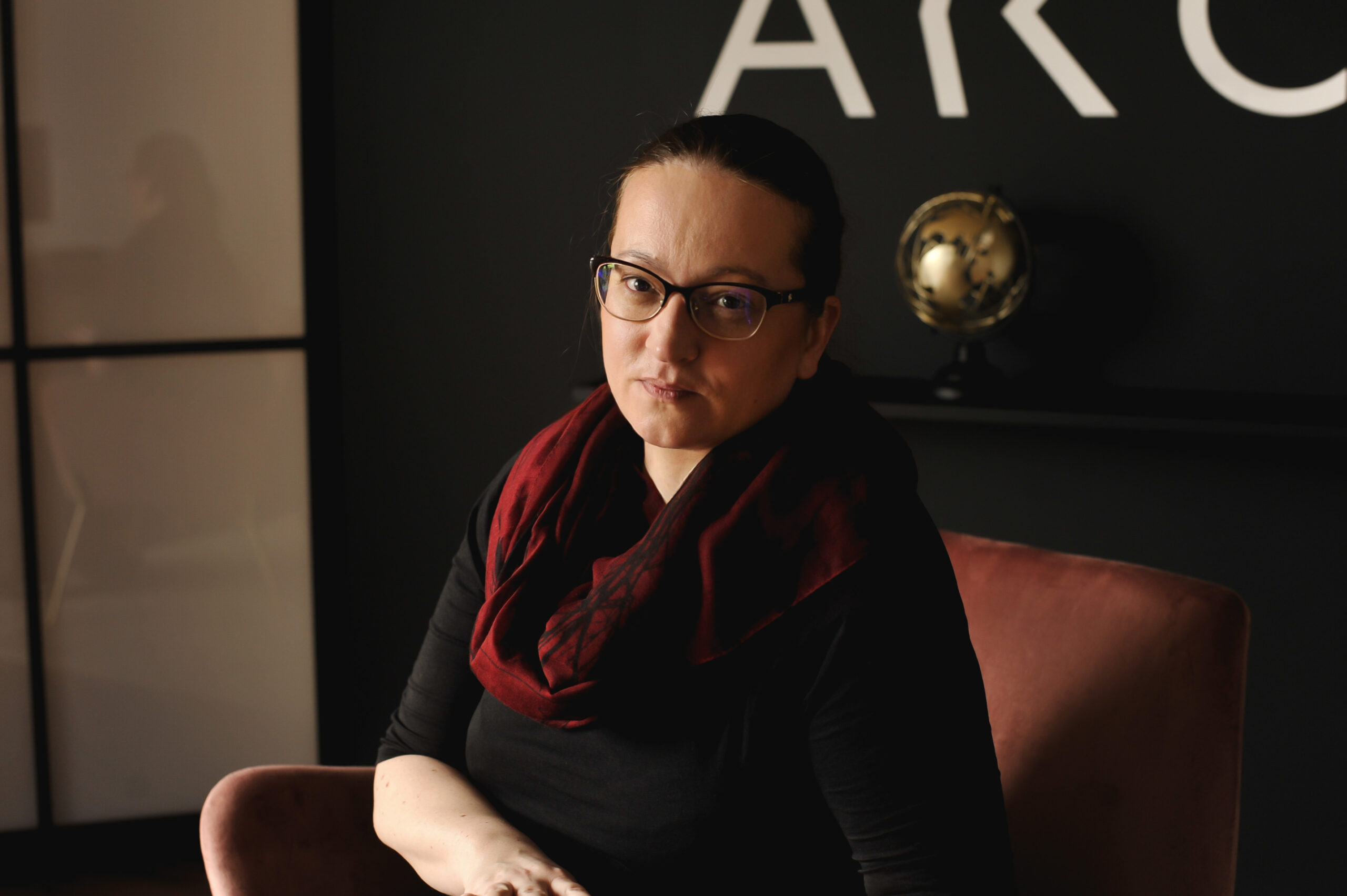This year’s European Commission (EC) report on Montenegro conveys a realistic and comprehensive assessment of state of play in all areas of negotiations, with well-deserved criticism in key areas; it also provides guidelines and advice which indicate that unblocking and pushing ahead with the negotiation process is not mission impossible for Montenegro. The EC underlines how crucial the new government’s commitment to carrying out reforms within the European agenda is to achieving progress.
Montenegro’s progress towards the European Union has been hampered by deep polarization, political instability, and a judicial reform deadlock. The government and parliament of Montenegro have on multiple occasions disregarded the recommendations of the European Commission and/or the Venice Commission, as noted in the report. This is a blatant illustration of our country’s democratic deficit. Let us hope that the newly elected parliament and executive branch will abandon this practice and go back to creating policies and reaching decisions as based on democratic standards.
The European Commission’s report on Montenegro points to a lack of action in the public interest, as our politicians were even willing to escalate the constitutional crisis in order to secure short-term gains for their respective political parties. This is a direct warning to political players that their efforts to undermine democratic institutions and processes did not go unnoticed, with an expectation that the new incumbency will start acting in the best interest of all citizens.
The EC places special emphasis on the country’s complex and divisive political climate, which is largely due to the caretaker government and parliament’s inability to muster enough support for the required reforms. It is highlighted that accountability of the political system is compromised by a lack of legislative framework that would put a cap on powers of a caretaker government and dissolved parliament. The CDT has long been advocating for the adoption of the Law on Government and the Law on Parliament, which would regulate how the two branches of government relate to one another.
The EC singles out judiciary as currently the most challenging facet of rule of law, so progress in this area will be crucial for EU accession.
First and foremost, this will require dialog and consensus around the election of senior judicial role holders, including the seventh judge of the Constitutional Court, members of the Judicial Council, and the Supreme State Prosecutor. The CDT is hoping that MPs will act responsibly and adhere to the principles of merit and transparency in the election of these judicial officers, as pointed out by the EC, instead of reverting to partisan trade-offs, as they have done in the past.
The Special State Prosecutor’s Office was commended in the report for its agility in launching multiple high-profile investigations, which seem to point to a pervasive presence of organized crime and corruption in state institutions, including the most senior levels of the judiciary and law enforcement. The European Commission finds that Montenegro’s judicial system needs to respond in a strong, relentless, coherent, and straightforward manner.
Apart from choosing the best-ranked candidates for most senior posts, regardless of their party affiliation, ensuring proper working conditions for prosecution and courts must also be the government’s top priority in order to meet these demands. The new government’s challenge is to never again let Montenegro be on the receiving end of a devastating assessment that our most important institutions operate in subpar conditions that do not meet the minimum standards required by the European Union.
The EC has called for the electoral legislation reform, and the new convocation of parliament finally has the chance to put this process in motion. The State Election Commission (SEC) is said to have improved its transparency, but still remains to be politicized, which undermines its impartiality in holding elections and leaves room for decisions that are questionable from a legal standpoint. Yesterday, CDT urged the Parliament of Montenegro and all MP groups to expedite the work of the Electoral Legislation Reform Committee as soon as possible. Both opposition and government MPs must demonstrate that they will not tolerate flawed and semi-democratic electoral procedures, and show commitment to depoliticizing electoral administration, tidying up the electoral roll, introducing open lists, and shielding elections from foreign meddling.
The European Commission expresses concern about the growing polarization along ethnical lines, disinformation, ethno-nationalism and hate speech and stresses the need to combat online harassment and disinformation without undue restrictions on freedom of expression. It also says that a number of online web portals, including certain news outlets with sizable readership, continued to operate unregistered, thus breaching the applicable media laws. CDT has repeatedly been warning institutions and pushing for a systemic approach in tackling this issue, and recommended policies and measures for halting the spread of disinformation, which have become a crucial instrument for undermining democracy and democratic processes in our country.
The European Commission has also observed an increased frequency with which high-ranking politicians disparage the work of civil society organizations. We hope that our decision makers will demonstrate greater capability for acknowledging the role that NGOs play in a society, and accepting criticisms and different points of viewers.
Milica Kovacevic, CDT Program Director


